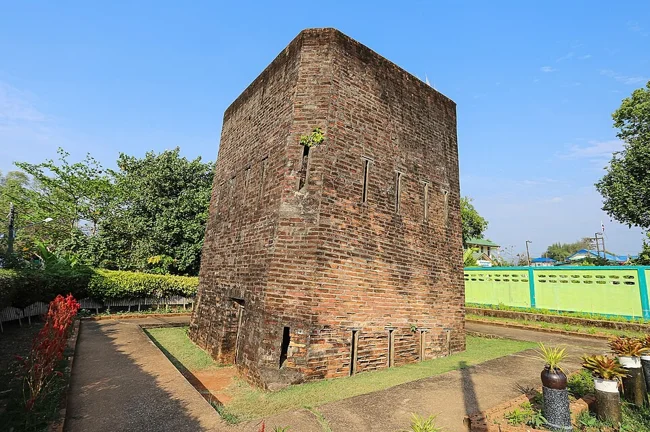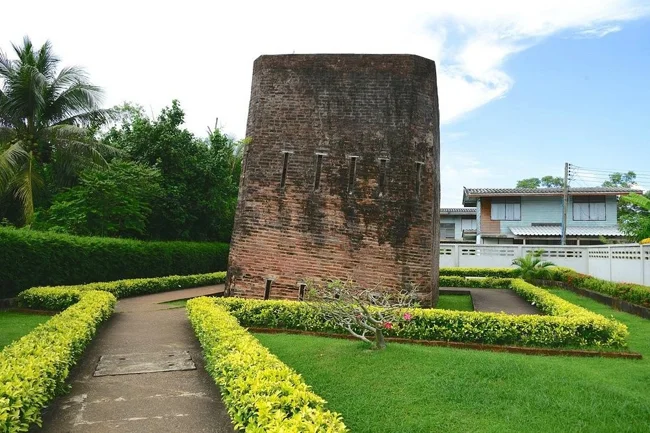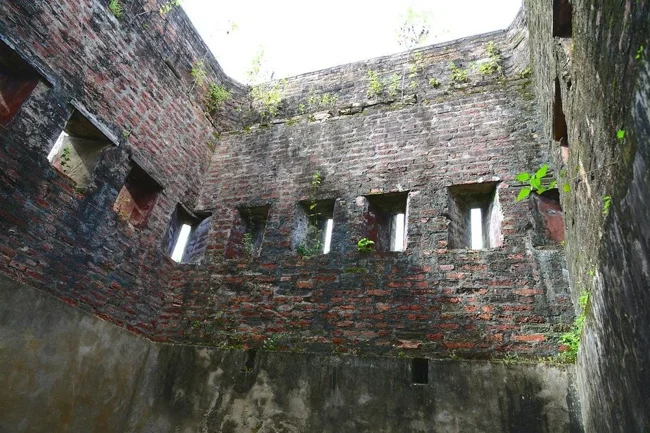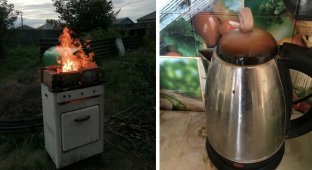Huk Khee Kai: how colonizers used chicken manure against people (8 photos + 1 video)
The smell of chicken manure is pungent and suffocating due to the high ammonia content. Even a few minutes in such an atmosphere can seem like torture. 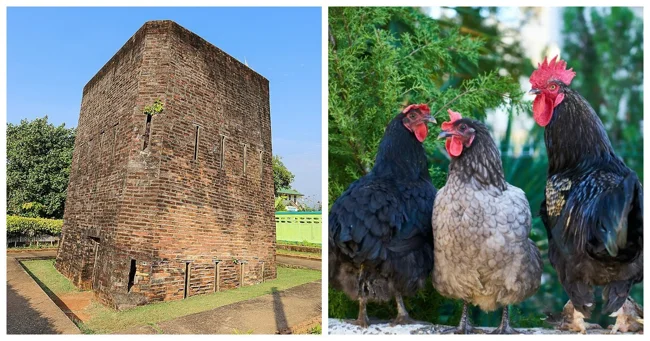
Inhaling this stench causes the most unpleasant reactions in people: from nausea, headaches and irritation of the mucous membranes to stress, fainting and depression. 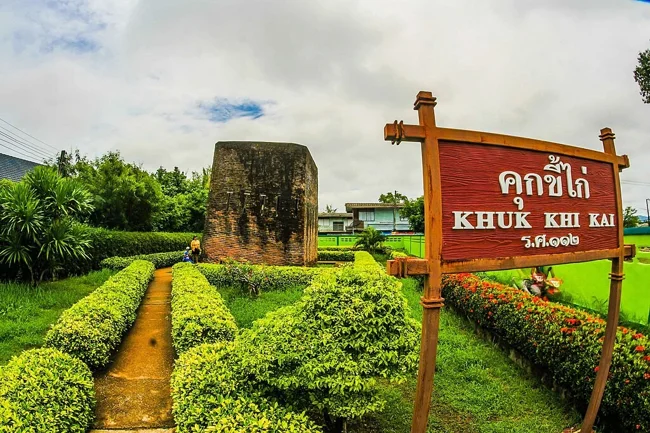
When exposed to moisture in the body, ammonia turns into ammonium hydroxide, a caustic substance that corrodes the nose, throat, and respiratory tract. Long-term exposure to chicken manure fumes is dangerous for both humans and animals. 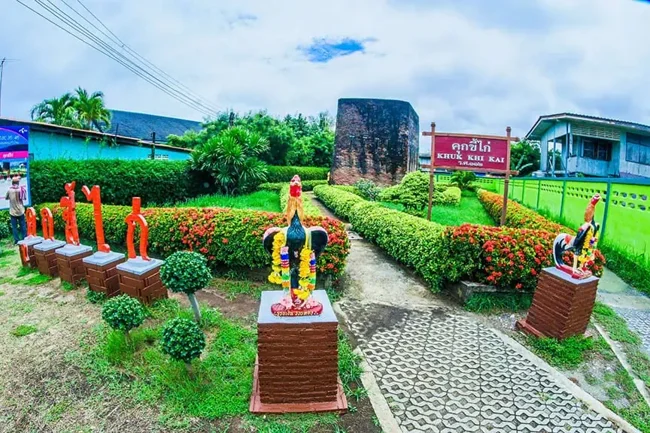
The toxic properties of chicken manure were once used by the authorities of the Canadian city of Abbotsford in British Columbia. In 2013, in an attempt to drive homeless people off the streets, workers dumped a whole truckload of bird excrement on a vacant lot where vagrants usually spent the night. The editor of the local publication Abbotsford Today sharply condemned the mayor's actions, calling this act "chemical warfare against the homeless." Officials later apologized and promised to clean up the area. 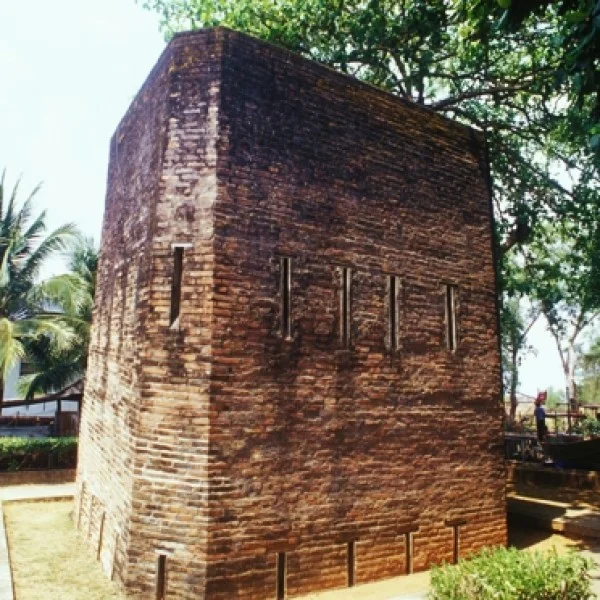
But this was not the first time that chicken droppings were turned into a weapon. In 1893, during the French occupation of Thailand, the colonialists built a small prison in the coastal town of Laem Sing (Chantaburi Province). The red brick building, just over 4 meters long and 7 meters high, had two rows of ventilation openings on the sides. On the ground floor there was a cell, and directly above it a chicken coop with a leaky floor through which droppings fell on the heads of prisoners. The institution was named Khuk Khi Kai - "chicken droppings prison". 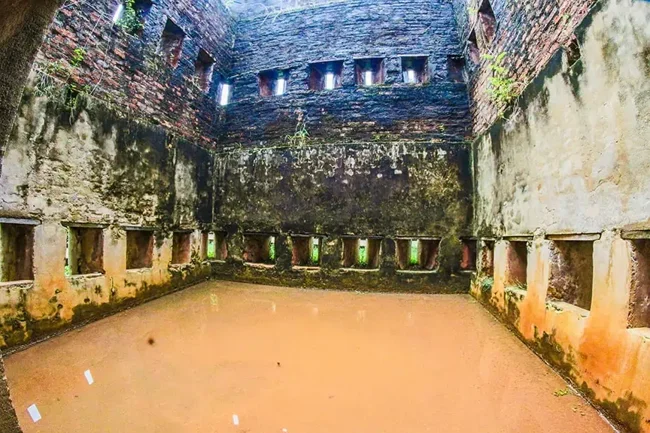
The French used it to imprison locals who resisted the occupation. However, some historians believe this story is fiction, claiming that the building was merely a watchtower. 